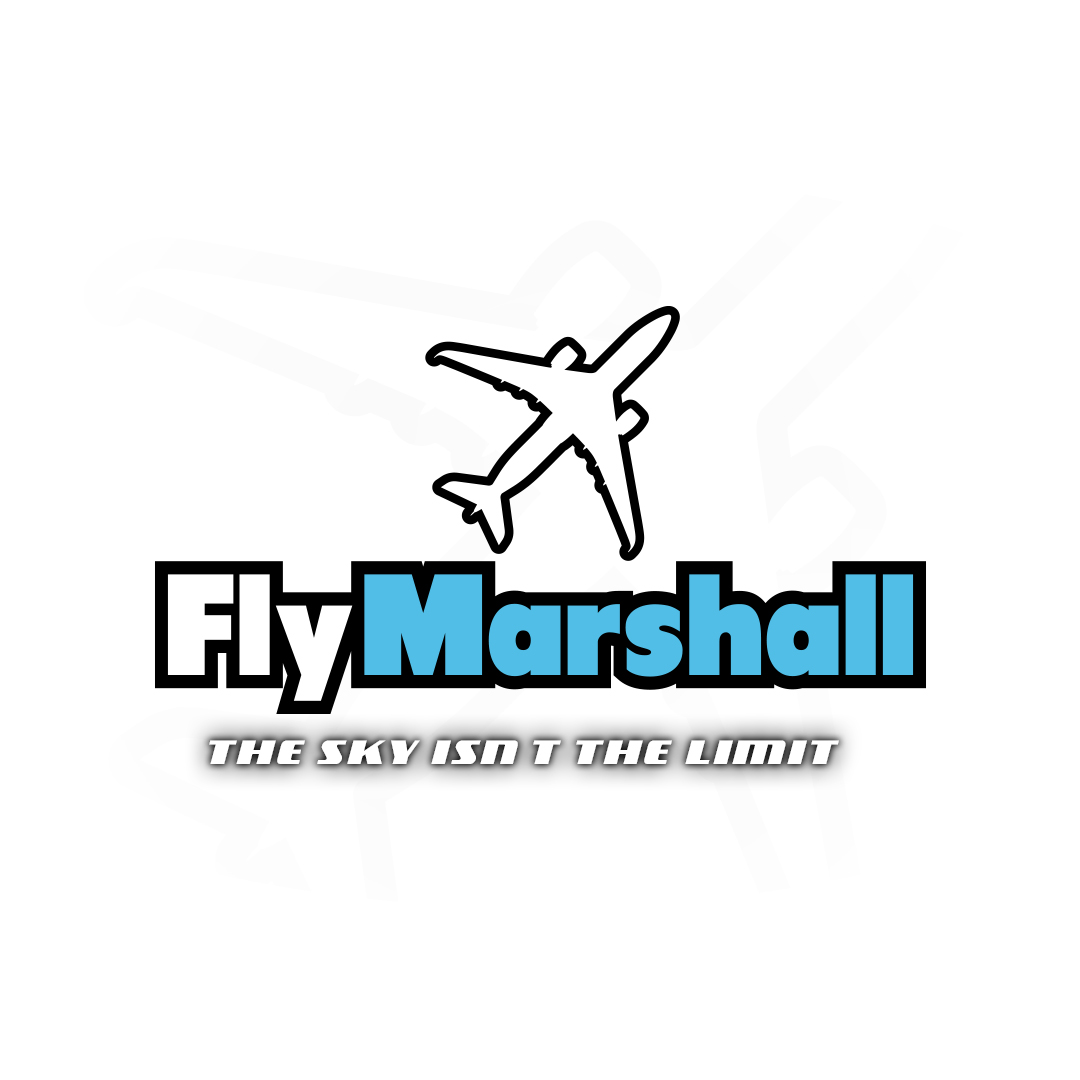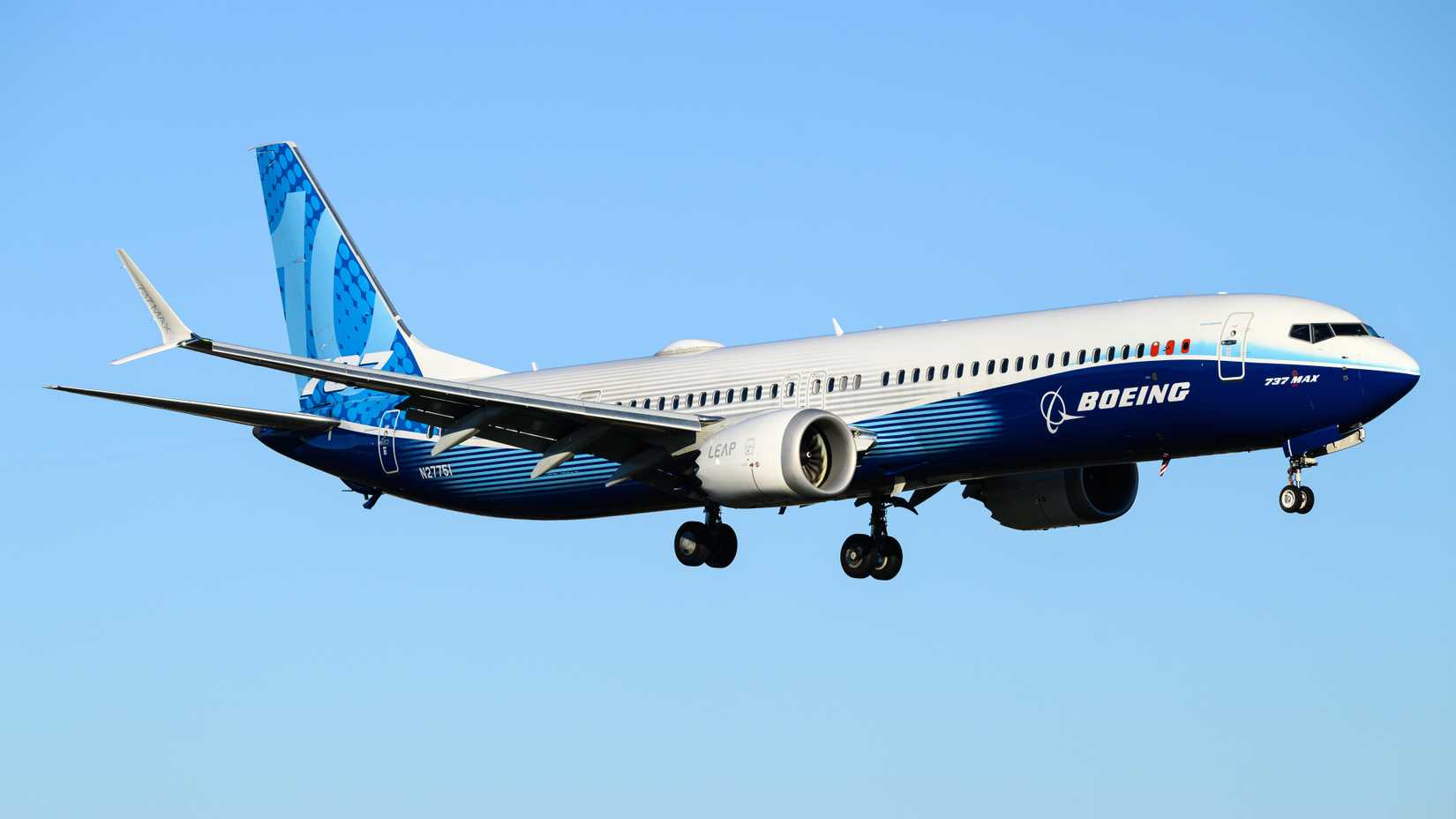Ryanair has taken delivery of 10 Boeing 737 MAX aircraft over 10 consecutive days, reinforcing its image as one of Boeing’s most aggressive customers. As per Reuters, the airline says it anticipates that Boeing will raise its 737 production rate to 48 aircraft per month by April 2026, enabling Ryanair to accelerate its own expansion plans. These deliveries arrive amid a broader push by Boeing to boost output and meet airline demand after years of supply chain constraints.
For Ryanair, which operates one of the youngest and most homogeneous fleets in Europe, rapid deliveries reinforce its competitive cost structure and route growth ability. The airline has repeatedly stated that its future hinges on scaling up capacity to keep fares low, serve new markets, and replace older aircraft.
Rapidly Expanding The Ryanair Fleet
Receiving an aircraft a day is more symbolic than typical, but for Ryanair, this rapid delivery streak demonstrates Boeing’s success in ramping up deliveries and Ryanair’s aggressive growth posture. The airline expects that these new aircraft will help it expand into underserved secondary and regional airports across Europe.
Operationally, deploying ten fresh Boeing 737 MAX 200 aircraft in such quick succession requires supporting infrastructure: increasing crew training, spare parts, maintenance scheduling, and slot allocations. Ryanair’s operations teams must already be coordinating to integrate the jets smoothly into routes without creating system shocks in scheduling or ground services.
Strategically, this delivery cadence sends a message to competitors: Ryanair is preparing for a new wave of growth and is banking on Boeing’s capacity to keep pace. If Boeing meets its April target of 48 737s per month, Ryanair may push its network expansion more aggressively, potentially crowding out rivals in secondary markets.
The Current Status Of The Boeing 737 MAX Program
The Boeing 737 MAX has been one of the most troubled aircraft programs in recent history, but Boeing is recovering. The 737 MAX is the company’s cash cow aircraft, so ensuring its success is crucial is critical to the company’s financial performance. Boeing is pushing for higher production rates not just to lower production costs, but also to clear its backlog.
Still, the MAX family remains under development. The 737 MAX 7 and MAX 10 variants await full certification. The MAX 10 has faced design and landing-gear scrutiny, and its entry into service has seen years of delays. The 737 MAX 7 is also still awaiting certification. With well over 1,000 combined orders for the two jets, Boeing needs to get these planes out to start delivering them and make money.
Ryanair primarily operates the 737-800 and 737 MAX 200, so issues with the 737 MAX 7 are of no concern to the airline. However, Ryanair also holds 300 orders for the 737 MAX 10, so it’s eagerly waiting certification for the plane. Its combined total for the 737 MAX 200 is only 210 planes, so it’s the 737 MAX 10 that will become the backbone of the Ryanair fleet in the coming years.
Ryanair Looking At Airbus A320s?
A Reuters report in late September included a quote from Ryanair CEO Michael O’Leary in which he stated, “We have 600 Boeings today, 30 Airbuses. I would like to see that grow in the next number of years to maybe 800 Boeings, but maybe 200 Airbuses“. Ryanair currently flies 26 leased Airbus A320-200s under its Lauda Europe brand, which were all inherited from Lauda Air.
While the carrier previously stated that it could shift to the Boeing 737 MAX for Lauda Europe, these comments suggest that Lauda might remain all-Airbus. There is merit to this; operating a single type across all subsidiaries (the 737) reduces costs and streamlines operations generally, but Lauda Europe operates separately from Ryanair.
|
Ryanair Group Subsidiaries |
Aircraft Operated |
|---|---|
|
Ryanair |
Boeing 737-800, Boeing 737 MAX 200 |
|
Malta Air |
Boeing 737-800, Boeing 737 MAX 200 |
|
Buzz |
Boeing 737-700, Boeing 737-800, Boeing 737 MAX 200 |
|
Ryanair UK |
Boeing 737-800 |
|
Lauda Europe |
Airbus A320-200 |
Moving to the 737 would require Lauda staff to be retrained on the type and could cost Ryanair hundreds of thousands, if not more. Adding more Airbus aircraft would avoid the costs of integrating a new type and would also allow Ryanair to expand its business relationship with Airbus. Ryanair has already extended the leases on the A320 fleet to 2028, signalling that the carrier might be more committed to the type than it might seem.





